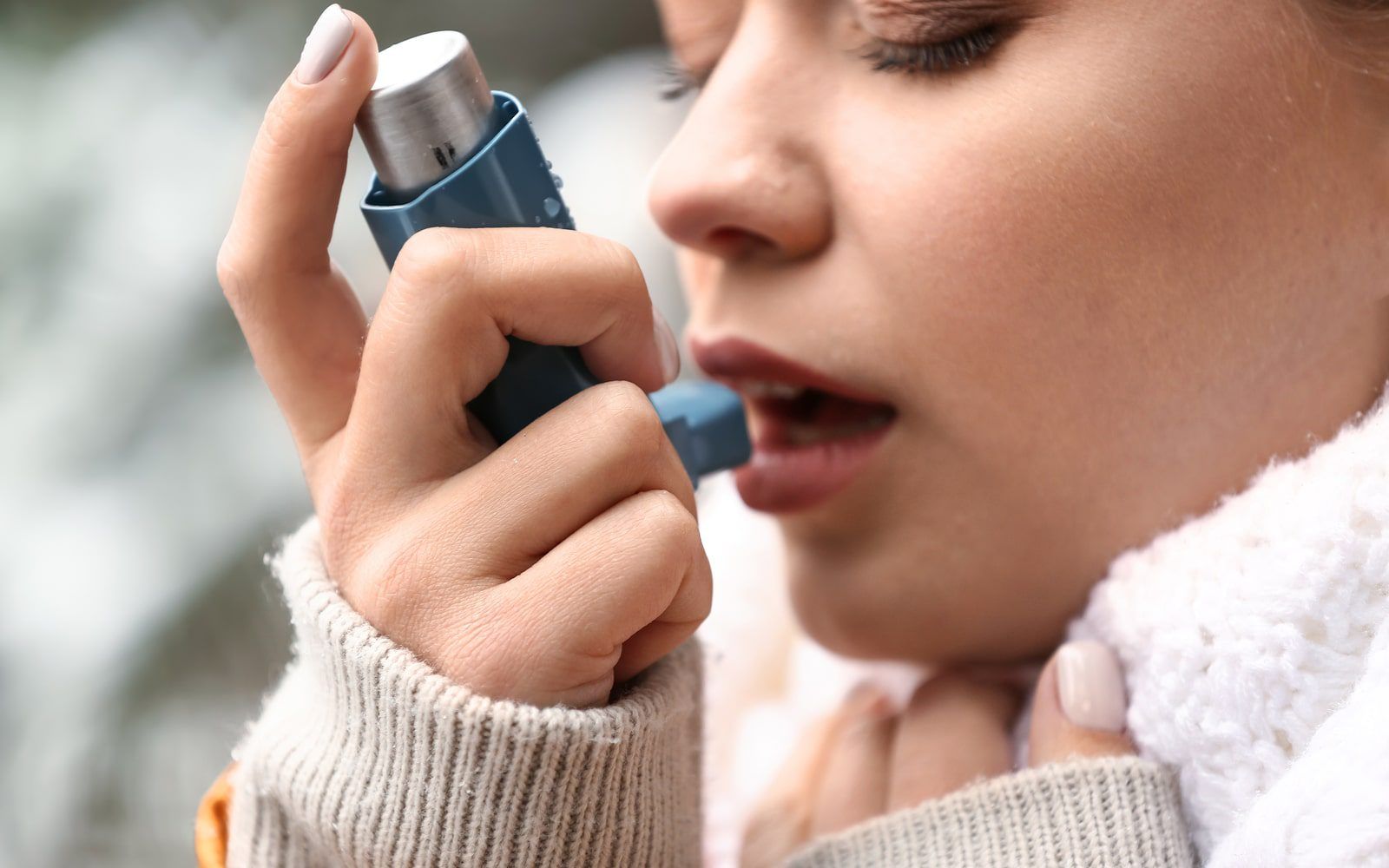Asthma’s Effect on Children’s Oral Health

As a common disease, asthma affects almost 5 million children under the age of 18 and is considered the leading chronic disease in children. It’s considered one of the main causes of missing school and is more prevalent in boys than girls. There is no cure for asthma, but it can be managed with medications and prevention. However, one under-noted aspect of asthma is its effect on children’s teeth. In chronic cases, it can affect children’s teeth severely due to the mucus buildup, inflammation attacks, and restricted airways. Untreated asthma can cause problems for children’s teeth in the long run, and so we’re here to help provide advice for you on caring for your child’s teeth.
Why Oral Issues Happen More in Asthmatic Children
This respiratory disease greatly affects their daily lives, as the involuntary coughing, wheezing, and tightness throughout the chest can often be a terrifying experience for them. Pollutants, stress, and allergies are some outside factors that can affect your child’s condition. While there’s no cure, asthma inhalers and recognizing triggers are some of the only tools we have to help prevent asthma attacks from happening reoccurring. However, it’s an under-discussed topic that hasn’t had much light when it comes to oral issues.
Children with asthma more often experience issues with their teeth and gums due to the side effects that inflammation has on their mouth. Asthma attacks often lead to an increased risk of chronic breathing conditions, such as bronchial asthma, and having compounding lung conditions can cause the mouth to produce less saliva. On the other side, medications to help relieve asthma attacks can dry out the mouth and further inhibit saliva production. All of this together leads to an increase in bacteria growth, making it difficult to manage and often leading to cavities, dry mouth, and oral sores.
Our Recommendation For Asthmatic Children
When caring for your child’s oral health, finding the right preventative methods can help you manage their asthma and keep it under control. If you wish to further improve your child’s oral health, we’ve created a small list of tips for you to follow:
- Bring Their Bronchodilator: Make sure that during their appointment, you have their medication on hand. Your dentist will be able to discuss the side effects of their medication and talk to you about long-term solutions.
- Rinsing After Inhaler Use: Encourage your child to rinse their mouth out with water after using their inhaler. Rinsing their mouth out with water rehydrates their mouth and encourages saliva production.
- Monitor Dietary Practices: Keep an eye on what they eat, including sweets, candies, and soda. These can also contribute to cavities, especially combined with asthma issues.
- Use Fluoridated Toothpaste: When they brush their teeth, they use fluoridated toothpaste to brush away any bacteria and prevent the onset of cavities.
For more information, speaking with your pediatric dentist is the best way you can care for your child’s teeth and learn more about how their asthma impacts their oral health.

